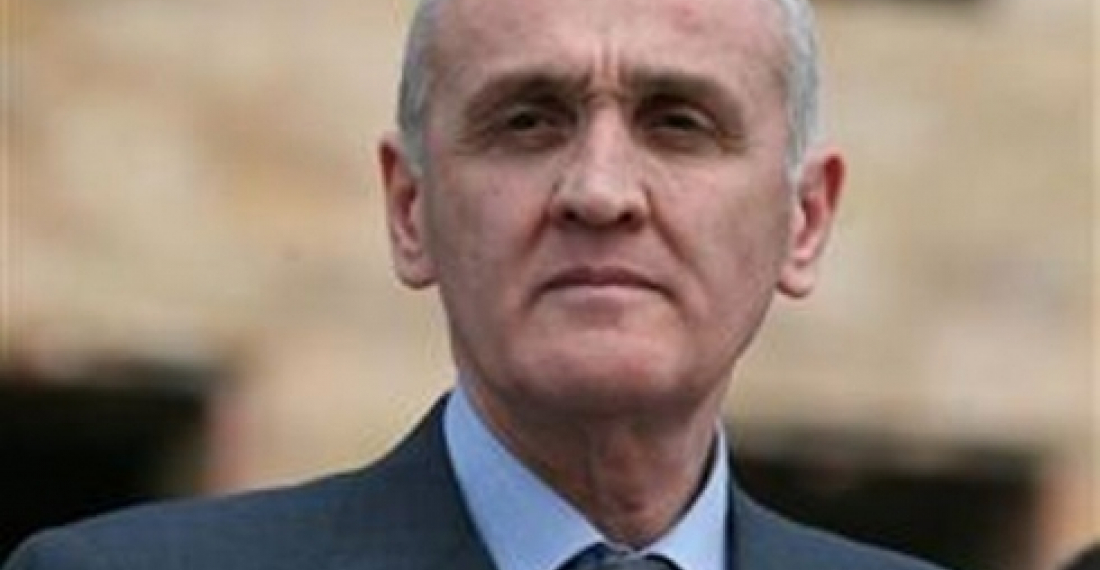RIA Novosti reports that Acting Abkhazian president Alexander Ankvab has won the presidential elections receiving 54.86% of votes, quoting Batal Tabagua, the head of Abkhazia's Central Election Committee.
"Alexander Zolotinskovich (Ankvab) was elected president, he received 54.86% of votes," Tabagua said. Therefore, there will be no second round of voting, as the candidate has to get 50% plus one vote to win the elections.According to Tabagua, Prime Minister Sergei Shamba got the second place with 21.04% of votes, while opposition leader Raul Khadzhimba became third with 19.83% of votes.
Voter turnout amounted to 71.92%.
Abkhazia ceceded from Georgia in 1993 and is only recognised as an independent country by Russia and a handful of other marginal countries.
Ankvab, 58 was a career Interior Ministry official who served as prime minister during the first presidential term of the second Abkhaz President, Sergei Bagapsh (2005-09) and since then as vice president. Radio Liberty describes him as "Dour, humorless, and sarcastic", but adds that "Ankvab is nonetheless respected for his zero tolerance of crime and corruption. That single-mindedness is the most likely reason why he has been the target of no fewer than four assassination attempts in the past six years".
Commonspace.eu political editor writes that Ankvab's elections represents continuity and is unlikely to result in any major change in the way the self declared replublic is administered, nor in its all important relationsn with Moscow. His election also indicates continued concerns amongst residents of Abkhazia about the future, despite Russian support and reassurances.
photo: courtesy of RIA Novosti
source: commonspace.eu with reports from RIA Novosti and Radio Free Europe/Radio Liberty







